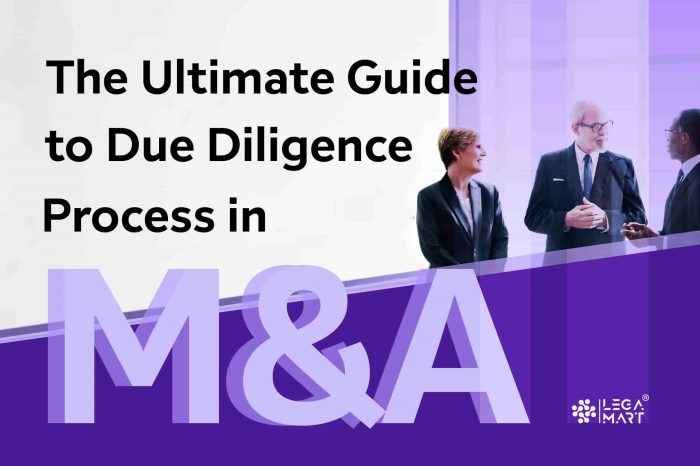Legal Due diligence
Legal due diligence is a process of investigating the legal risks and liabilities of a company or business before entering into a transaction, such as a merger, acquisition, or joint venture. Companies and businessmen must conduct legal due diligence to identify and assess the legal risks and liabilities, such as regulatory compliance, intellectual property, contracts, litigation, and environmental issues, and to mitigate or avoid them. International legal issues can arise in the due diligence process, such as conflicts of laws, language barriers, cultural differences, and differences in legal systems. Therefore, companies and businessmen should seek legal advice from local lawyers with expertise in the relevant jurisdictions and legal areas.
Find best lawyers for Legal Due diligence
Issues related to Legal Due diligence
What should you consider?
Generally, due diligence is considered valid if conducted in good faith and following reasonable standards. Due diligence aims to identify and assess the risks associated with a potential investment or transaction, so it’s essential to be thorough in your review.
Some key factors to consider when assessing the validity of due diligence include:
-The credibility of the source providing the information
-The completeness and accuracy of the information
-The comprehensiveness of the analysis
-The independence of the due diligence team
How to start if for an international business:
There’s no one-size-fits-all answer to this question, as the due diligence process will vary depending on the specific business and country involved. However, some critical steps to consider include the following:
- Research the business and industry sector in which it operates.
- Review the company’s financial and legal documentation.
- Investigate the regulatory environment in which the business operates.
- Conduct a risk assessment of the business and its operations.


When starting due diligence for an international business, it’s essential first to understand the company’s overall business strategy and objectives. Next, you’ll want to research the country or country where the company plans to do business and assess the risks and opportunities associated with those markets. Finally, you’ll also need to evaluate the company’s current operations in those countries and look for potential compliance or legal issues.
Finally, you’ll want to create a detailed Due Diligence Report summarising your findings. This report will help you make a clear recommendation on whether or not to proceed with the international business venture.
There is no hard and fast rule regarding due diligence for international businesses. However, there are a few key areas that you should always pay close attention to. These include the political and economic stability of the country you’re doing business in and any existing trade agreements between your country and theirs. You’ll also want to ensure you’re familiar with the local laws and regulations, as these can vary significantly from place to place. Finally, it’s always a good idea to have a reliable team of legal and financial advisers to help you navigate the immensely complex world of international business.
Latest Articles
Tell us more about your problem.
Please give a brief description about what it is you need to talk to our lawyers about ?
Frequently Asked Questions
What is the process of conducting legal due diligence when entering into a business transaction with an international partner?
The process of conducting legal due diligence when entering into a business transaction with an international partner involves a thorough review and assessment of the legal and regulatory framework that governs the transaction. This includes reviewing the relevant laws and regulations, contracts, licenses, permits, and other legal documents that are relevant to the transaction. It also involves identifying potential risks and liabilities associated with the transaction and developing strategies to mitigate or address these risks.
How does the legal framework in the United Kingdom and China affect the due diligence process?
The legal framework in the United Kingdom and China affects the due diligence process by providing the legal and regulatory framework that governs the transaction. It is important to understand the legal and regulatory requirements and obligations that apply to the transaction in each country, as well as any differences or conflicts between the two legal systems. This can help to identify potential legal risks and liabilities associated with the transaction and develop strategies to mitigate or address these risks.
What are some of the key legal considerations to keep in mind when conducting due diligence?
Some of the key legal considerations to keep in mind when conducting due diligence include understanding the legal and regulatory framework that governs the transaction, identifying potential legal risks and liabilities, reviewing contracts and other legal documents, conducting background checks on potential partners, and developing strategies to mitigate or address any legal risks or liabilities.











